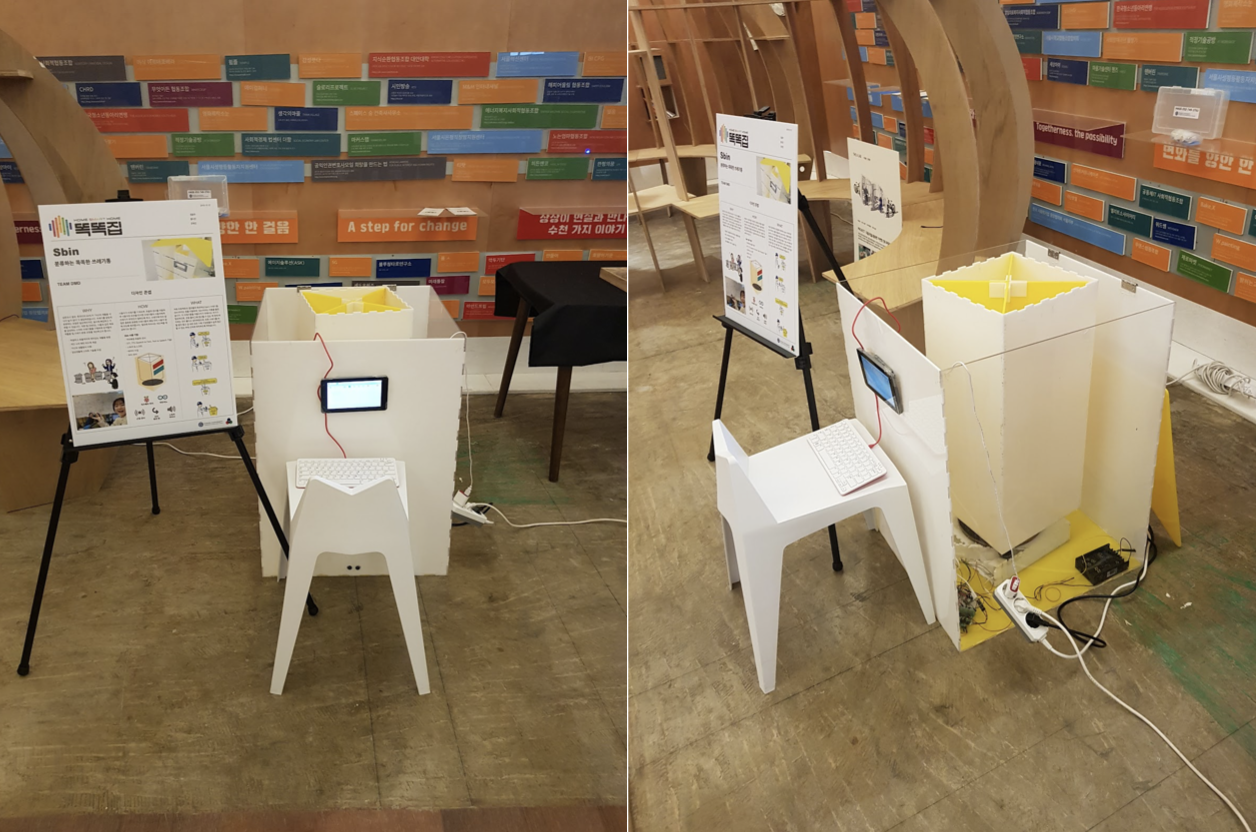Educational games are effective tools for children, as they naturally increase their motivation and engagement. While previous studies have revealed the varying influences of different types of feedback in education, there has been a lack of attention to the design of constructive feedback in educational games.
This study involves a 2 (peer and adult voice) x 3 (verification, encouragement, and elaboration type) factorial design to observe how different voices and types of feedback affect children’s performance, retention, inquisitiveness, impressions, and emotional reactions while playing a math game designed for preschoolers called MathSoup.
Read Paper →



